15 Pop Stars From The 70s We Couldn’t Get Enough Of
Platform shoes, bell-bottoms, and melodies that still get stuck in our heads decades later – the 1970s gave us some of music’s most unforgettable voices and personalities. While disco balls may have stopped spinning, the stars who defined this era created sounds that continue to influence artists today.
Let’s revisit the icons who made us dance, dream, and sing along during this extraordinary decade of musical innovation.
David Bowie
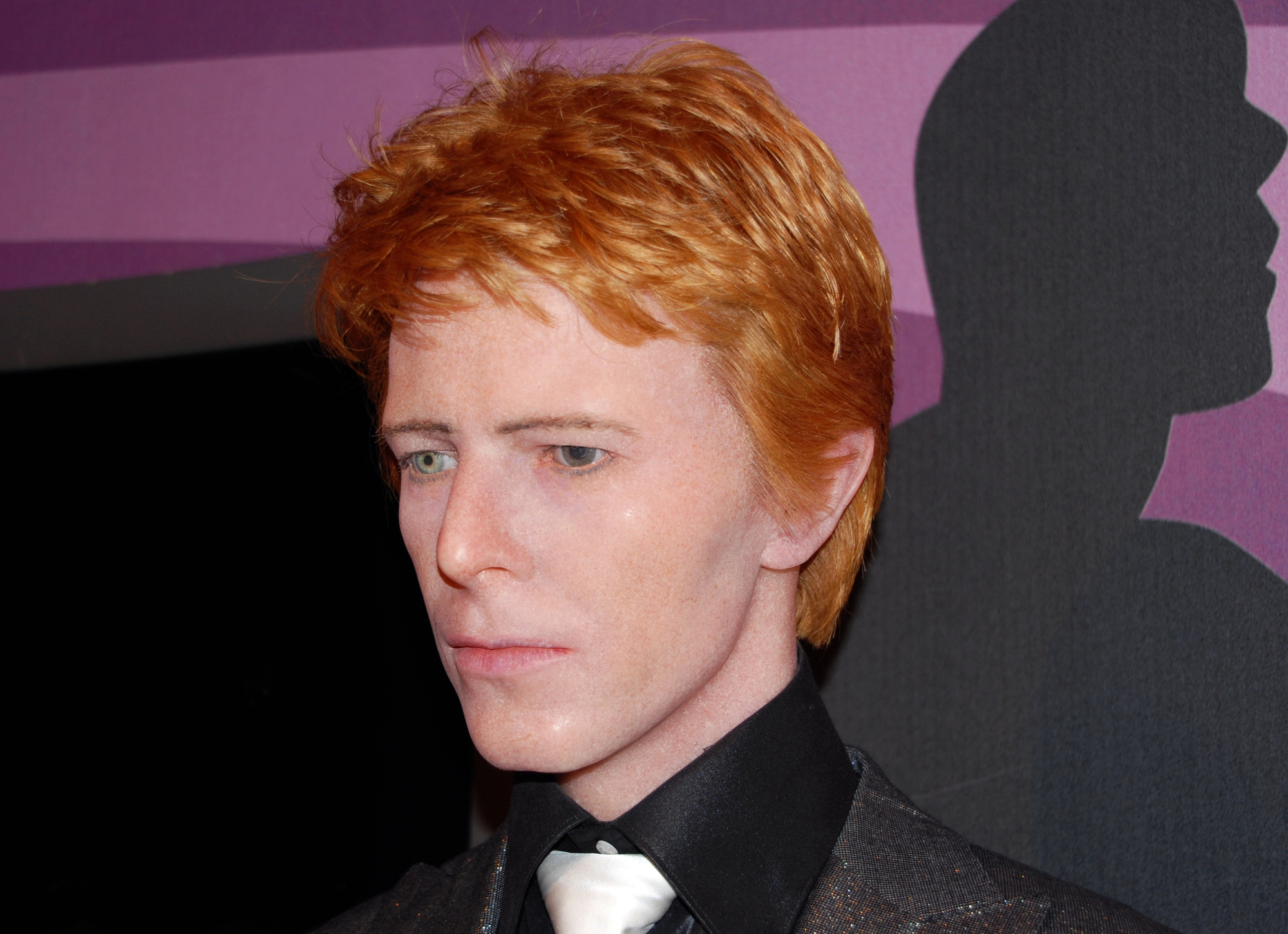
Few artists captured the imagination quite like the Thin White Duke. Bowie’s chameleon-like ability to transform himself, from Ziggy Stardust to Aladdin Sane, kept audiences spellbound throughout the decade. His theatrical performances and boundary-pushing music created a template for artistic reinvention that artists still follow today.
Songs like “Life on Mars?” and “Heroes” remain masterclasses in storytelling through music.
Elton John
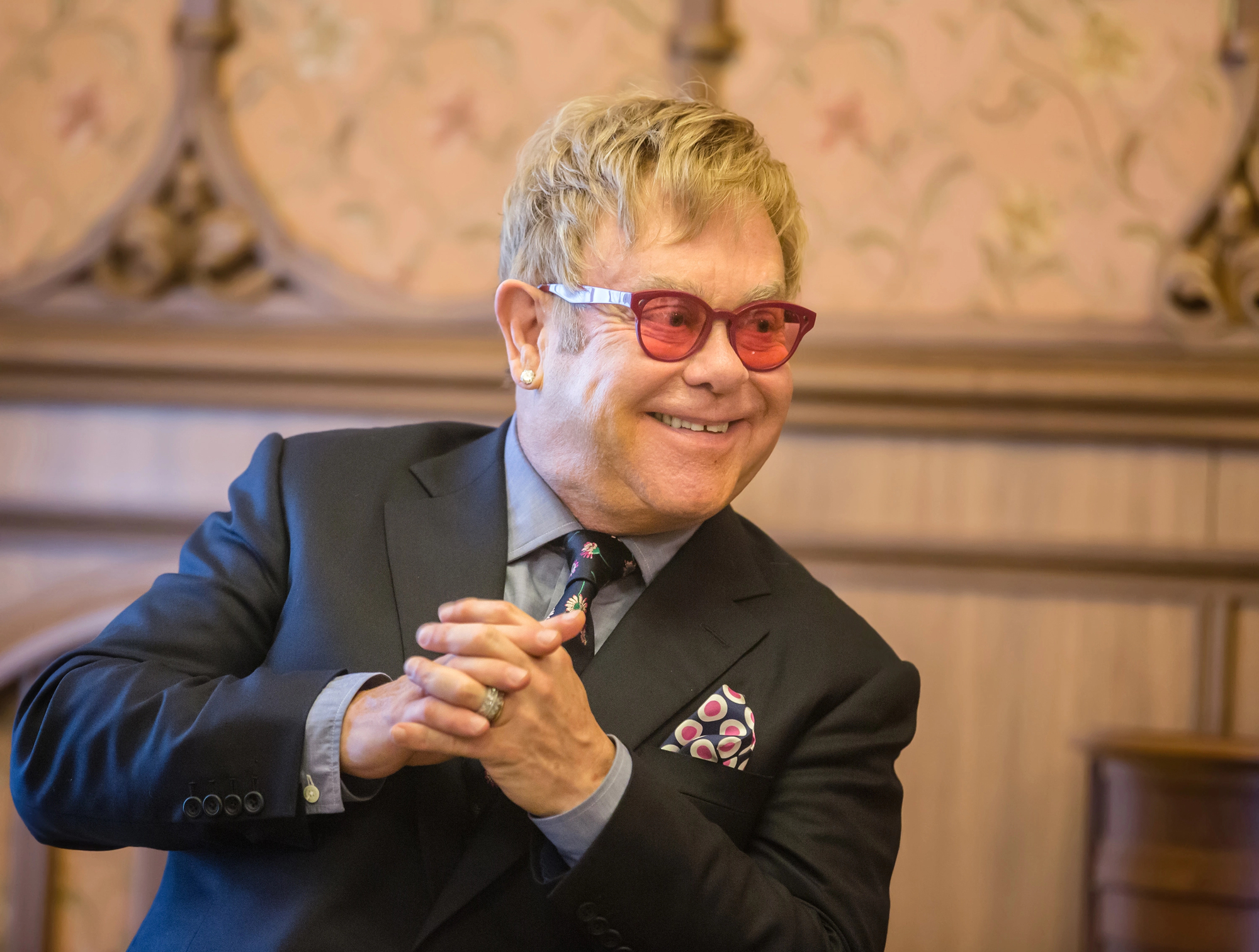
With platform boots, outrageous glasses, and a piano style all his own, Elton John dominated the decade with an unprecedented run of hits. His partnership with Bernie Taupin produced some of the era’s most enduring songs, from the tender “Your Song” to the explosive “Saturday Night’s Alright for Fighting.”
Even as musical trends shifted, Elton’s showmanship and melodic genius remained constant.
Like Go2Tutors’s content? Follow us on MSN.
Stevie Wonder
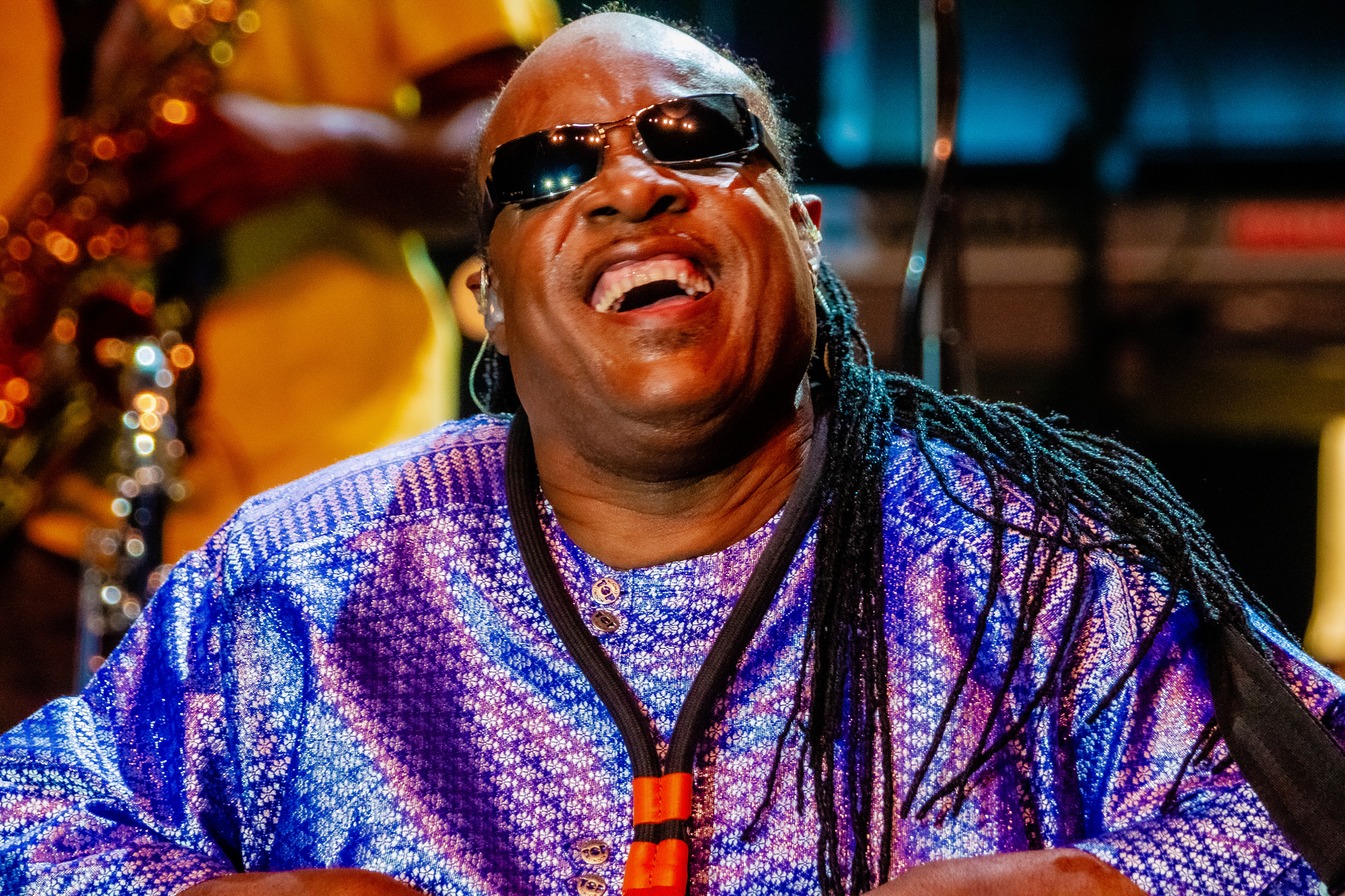
Wonder’s artistic peak in the 70s produced an astonishing run of albums that redefined what popular music could achieve. His mastery of the emerging synthesizer technology, combined with deeply personal lyrics and irresistible grooves, created classics like “Superstition” and “Isn’t She Lovely.”
His influence stretched far beyond the charts, inspiring countless musicians with his innovative approach to songwriting and production.
Donna Summer
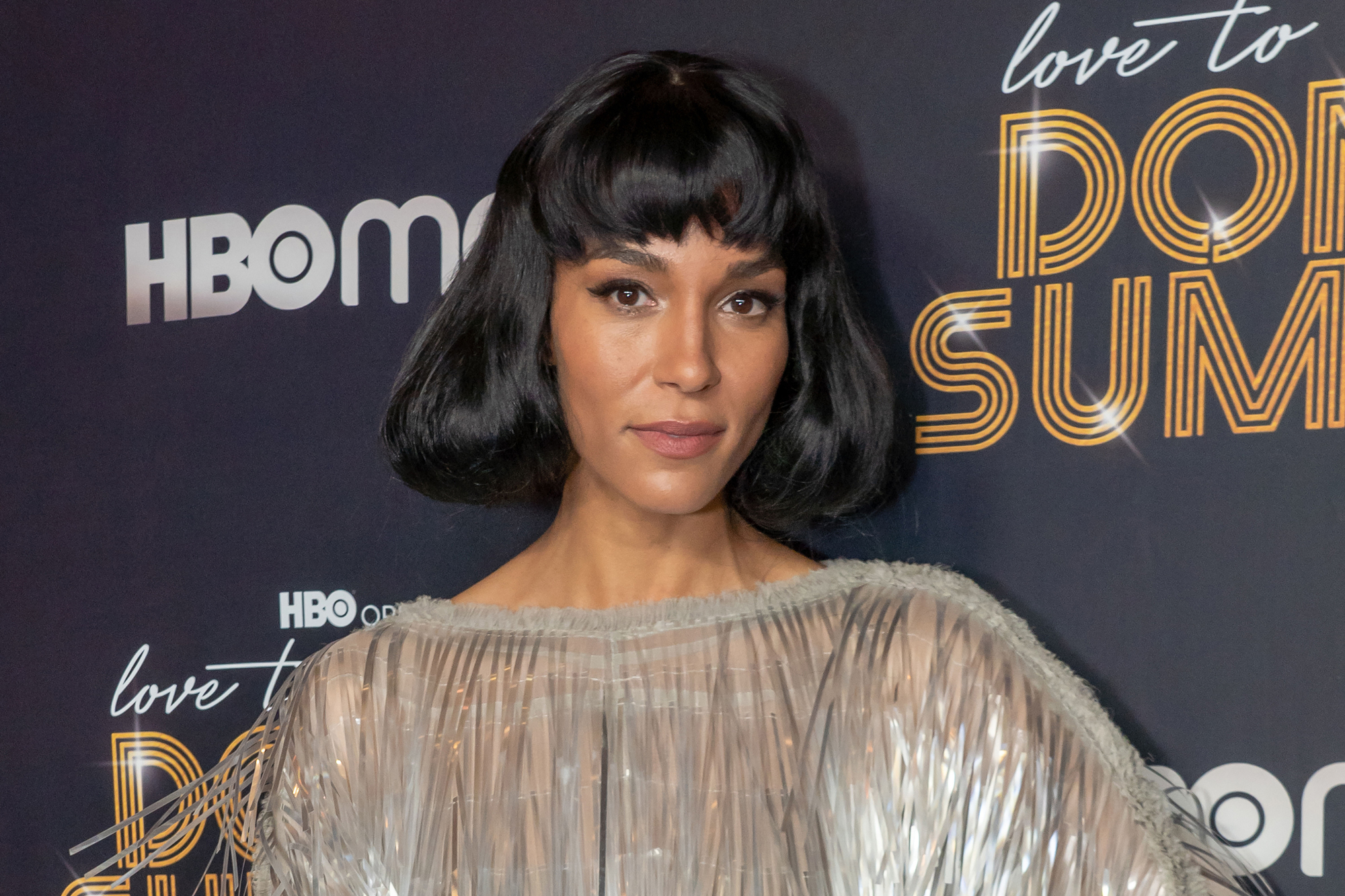
The undisputed Queen of Disco brought sophistication and powerful vocals to the genre that defined the latter half of the decade. Summer’s collaboration with Giorgio Moroder created a new template for dance music, while her dramatic delivery on “Last Dance” and “MacArthur Park” proved disco could handle complex emotional themes.
Her influence extends through dance music to this day.
Karen Carpenter
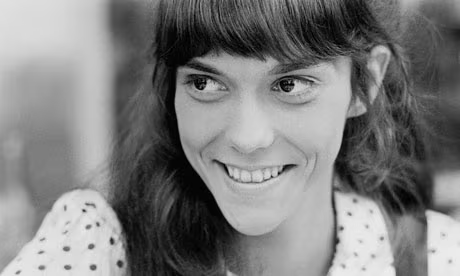
The Carpenters may have seemed wholesome on the surface, but Karen’s haunting voice brought unexpected depth to even their brightest pop songs. Her drumming skills often went overlooked, but her perfect pitch and distinctive alto transformed songs like “Close to You” and “Rainy Days and Mondays” into something far more profound than typical pop fare.
Like Go2Tutors’s content? Follow us on MSN.
Freddie Mercury
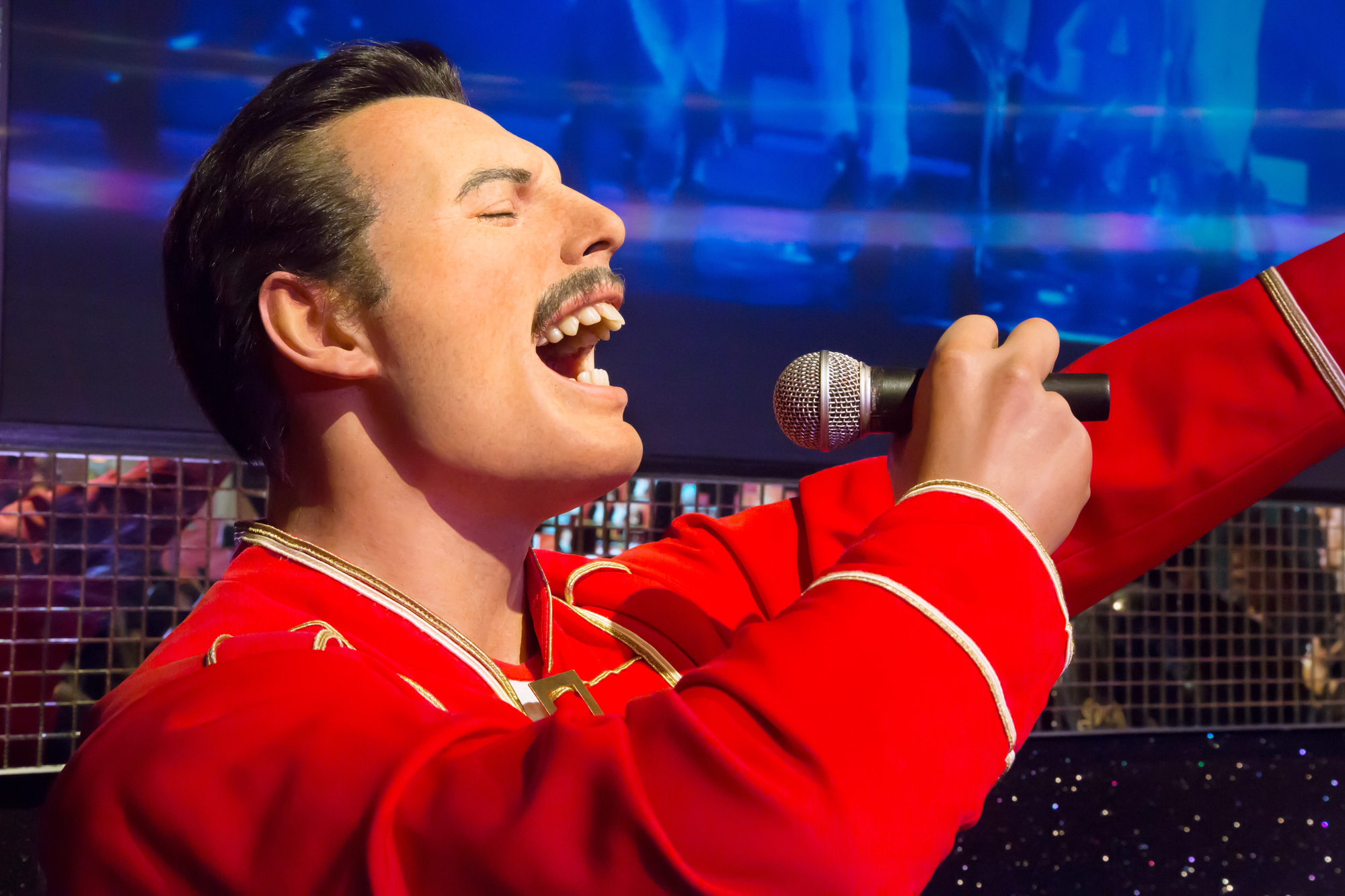
As Queen’s flamboyant frontman, Mercury redefined what a lead singer could be. His four-octave range and theatrical presence turned every performance into an event, while his songwriting gave us everything from opera-rock epics to stadium anthems.
Whether crafting complex harmonies or commanding massive crowds, he set new standards for rock performance.
Diana Ross
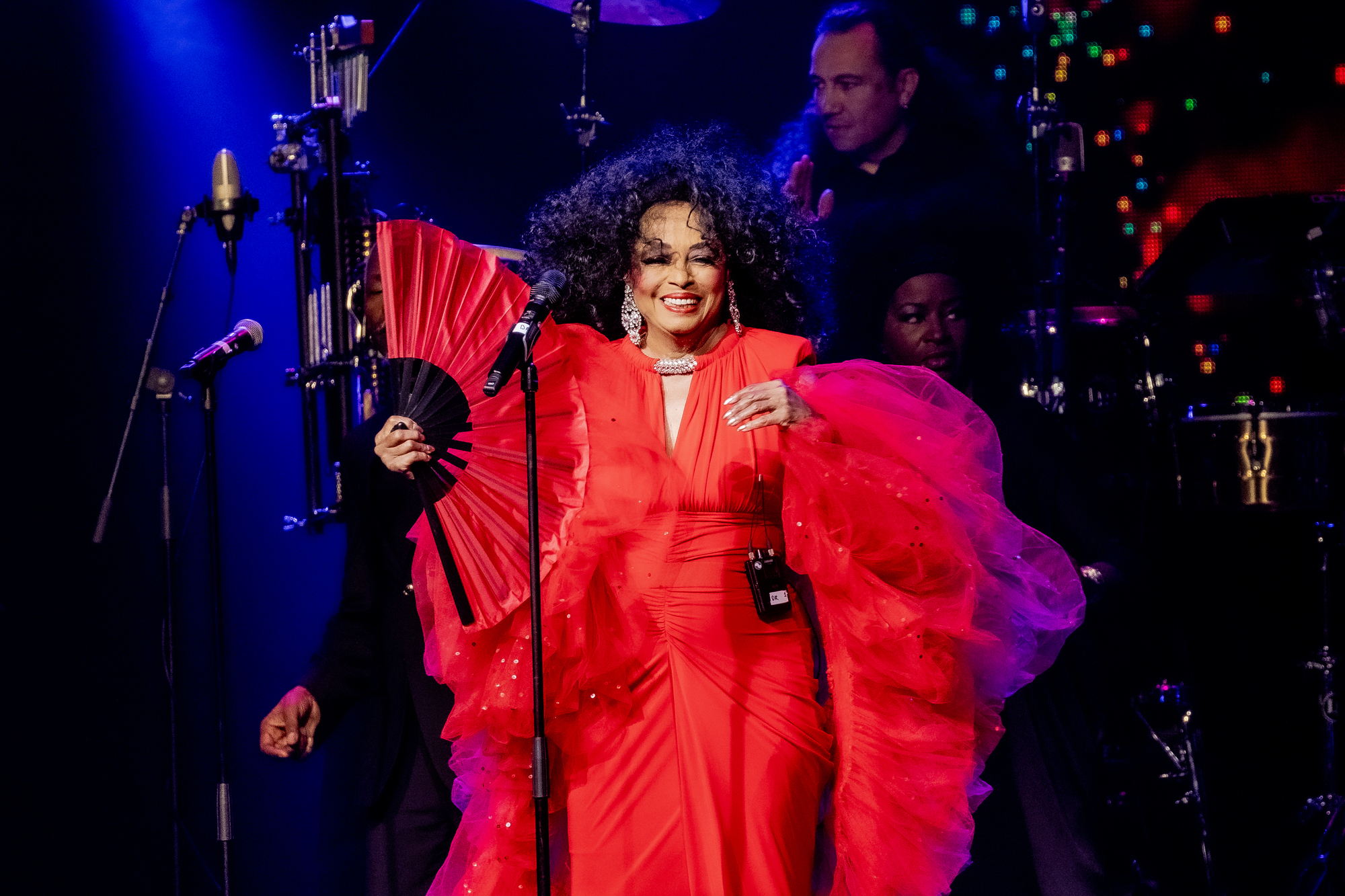
After leaving the Supremes, Ross proved she could soar even higher as a solo artist. Her sophisticated image and versatile voice took her from soulful ballads to disco anthems, while her starring roles in “Lady Sings the Blues” and “Mahogany” showcased her range as an all-around entertainer.
She didn’t just make hits – she created a template for pop superstardom.
Paul McCartney
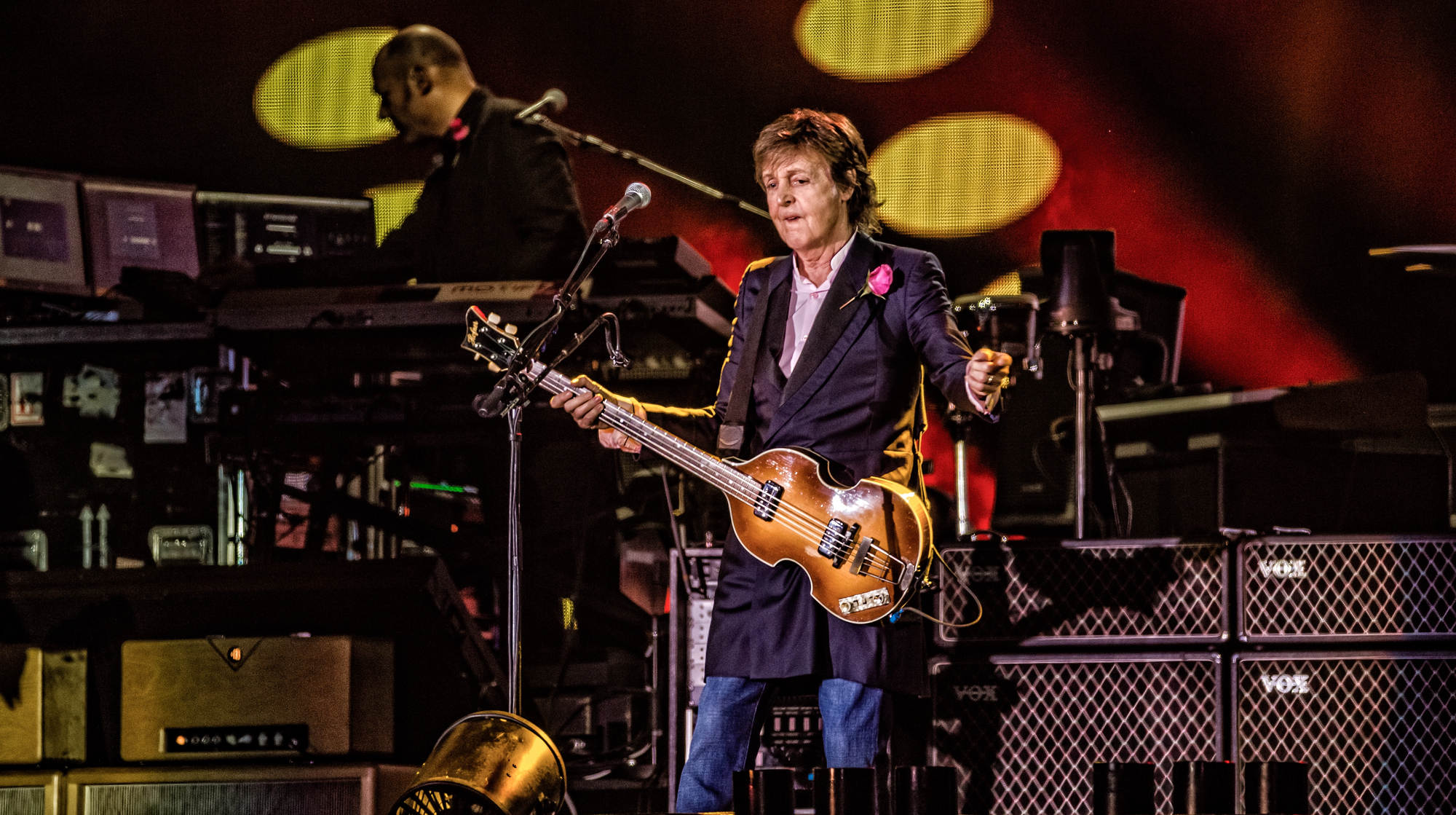
While the Beatles were over, McCartney’s creative peak continued with Wings. His gift for melody remained unmatched, producing instant classics like “Band on the Run” and “Maybe I’m Amazed.”
Despite critics initially dismissing his new band as lightweight, Paul’s output during this decade proved his songwriting magic hadn’t dimmed at all.
Like Go2Tutors’s content? Follow us on MSN.
Robert Plant
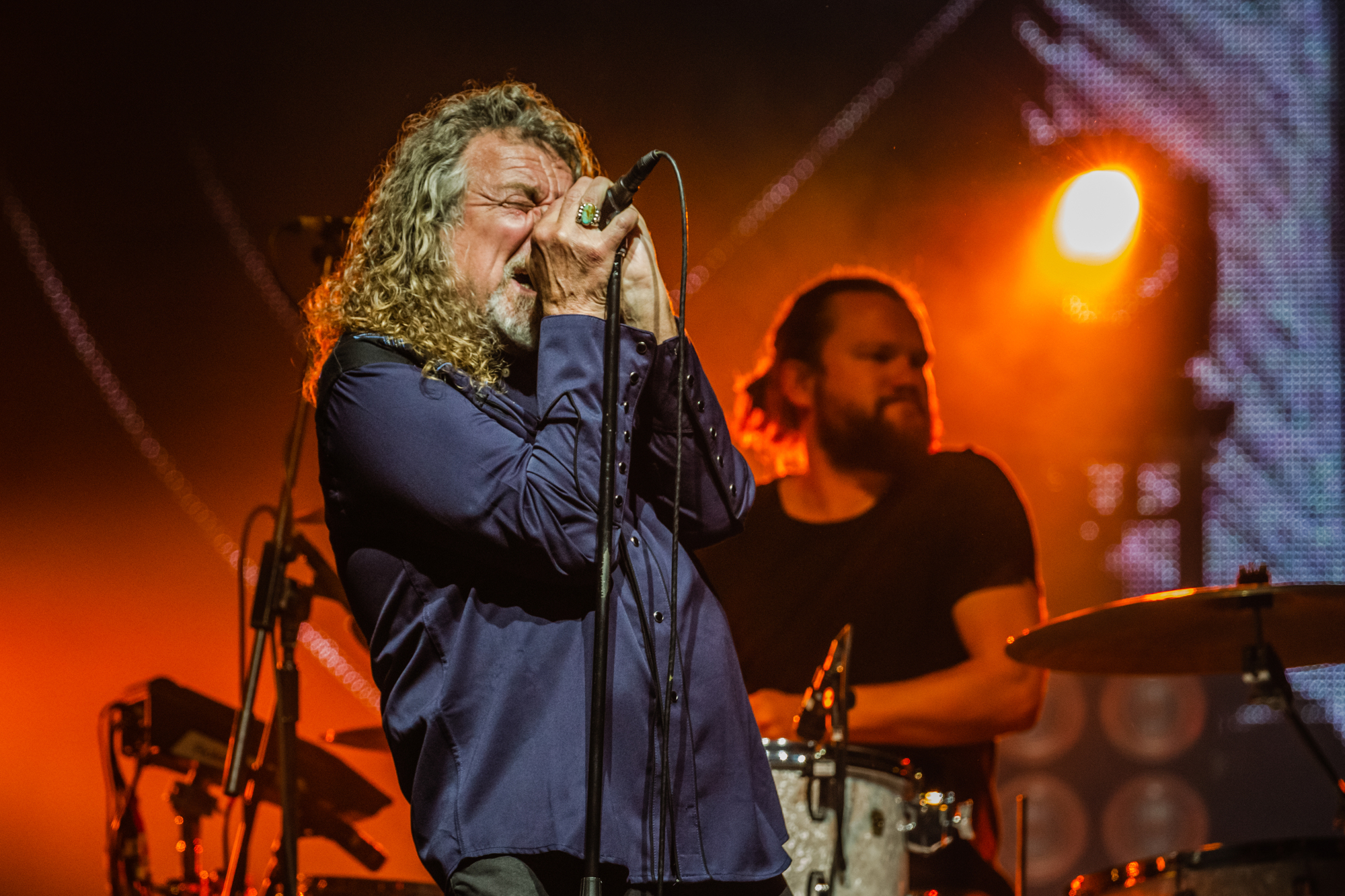
As Led Zeppelin’s golden god, Plant’s distinctive vocals helped define hard rock while maintaining surprising versatility. From the raw power of “Black Dog” to the nuanced delivery on “Kashmir,” his voice became one of rock’s most powerful instruments.
His willingness to explore different vocal approaches influenced generations of singers.
Marvin Gaye

Gaye transformed from Motown hit-maker to profound musical chronicler of social issues and personal relationships. “What’s Going On” changed how popular music could address serious topics, while “Let’s Get It On” brought a new sensuality to mainstream radio.
His artistic growth during this decade remains a masterclass in musical evolution.
Rod Stewart
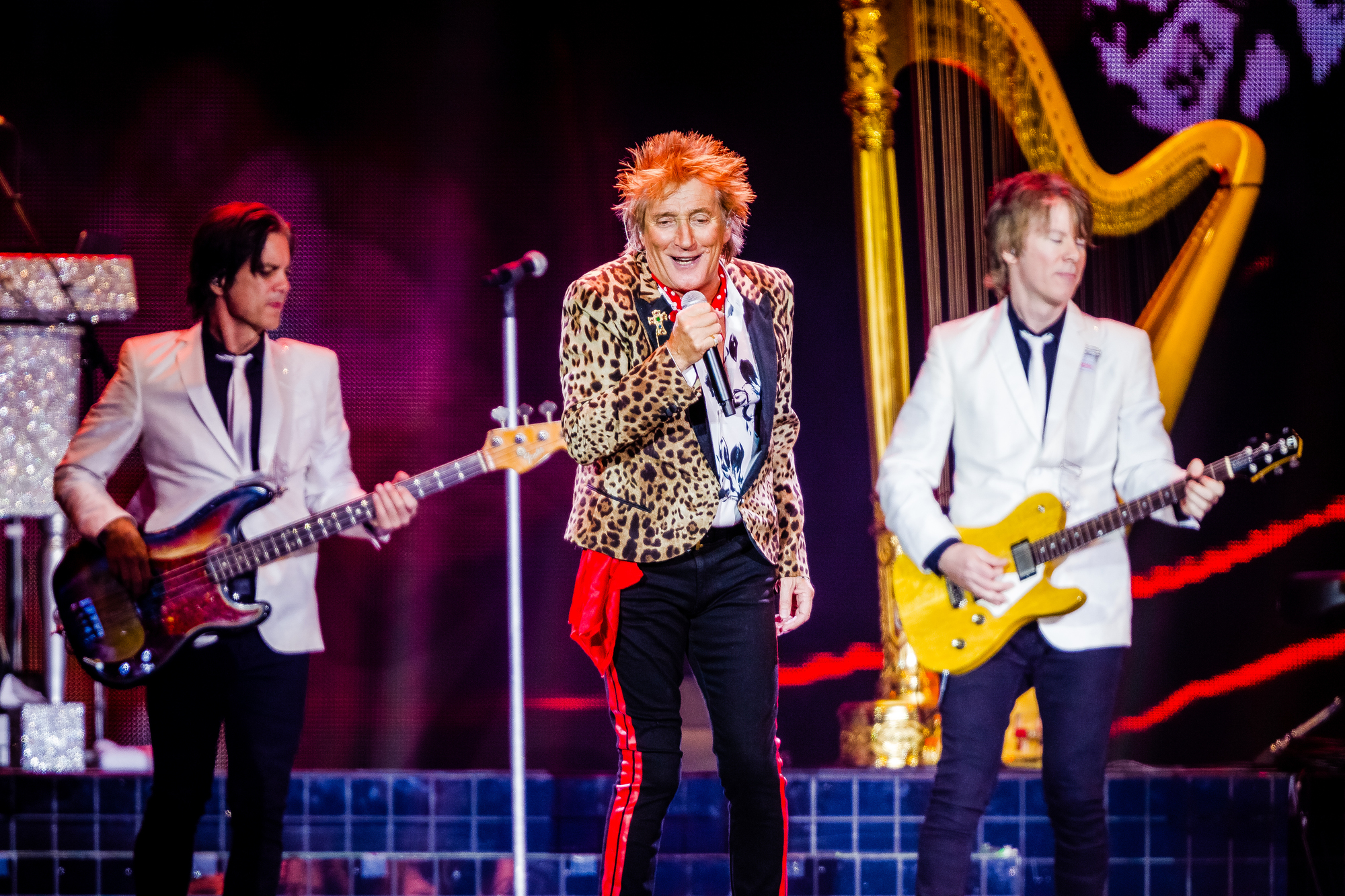
Whether with Faces or solo, Stewart’s raspy voice and cheeky persona made him impossible to ignore. His ability to shift between rock swagger and tender balladry produced countless classics, from “Maggie May” to “Tonight’s the Night.”
Despite his playboy image, his interpretive skills as a vocalist gave even party anthems emotional depth.
Like Go2Tutors’s content? Follow us on MSN.
Debbie Harry
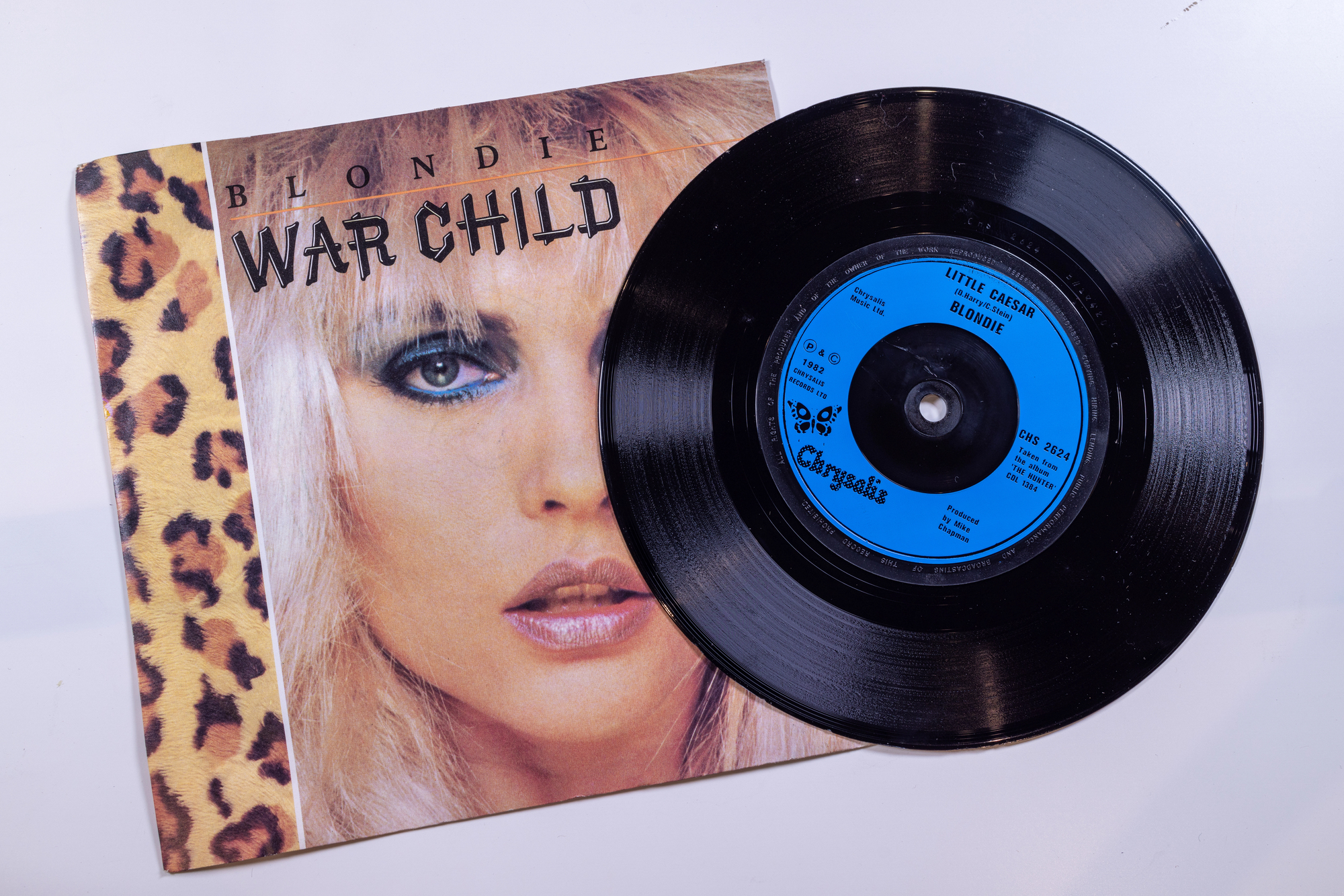
As Blondie’s frontwoman, Harry helped bridge the gap between punk, new wave, and mainstream pop. Her cool charisma and distinctive voice turned songs like “Heart of Glass” into genre-defying hits.
She proved that underground edge and pop appeal could coexist, influencing decades of alternative musicians.
Carole King
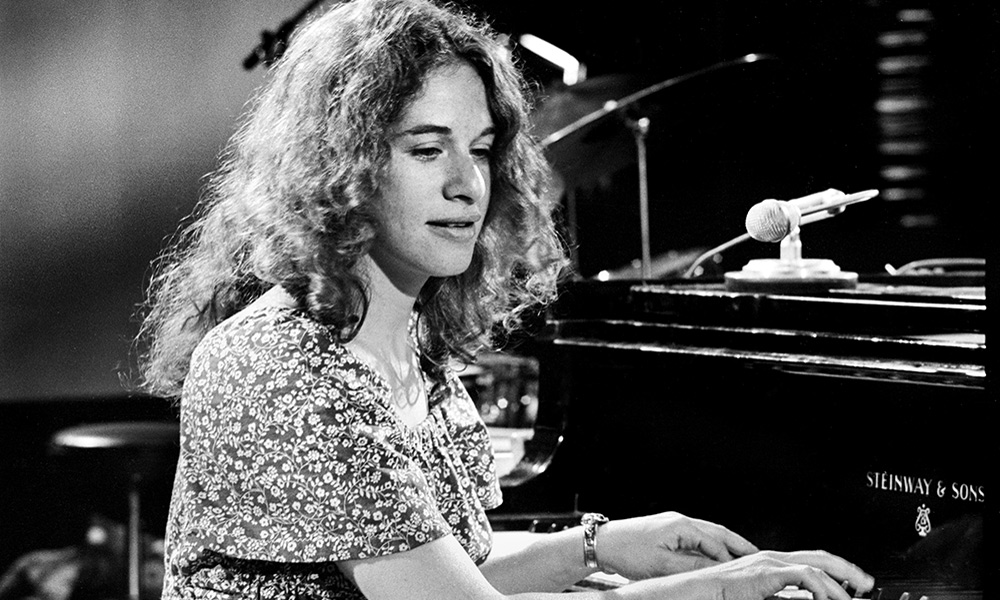
Though she’d already written countless hits for others, King’s “Tapestry” album showcased her own voice and deeply personal songwriting. Her honest, intimate style created a new template for singer-songwriters, while her piano-driven melodies provided a perfect backdrop for her thoughtful lyrics about life and love.
Cher
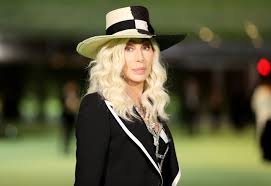
Starting the decade as half of a hit television duo, Cher blossomed into a solo superstar with a string of hits that showcased her distinctive voice and independent spirit. Her ability to reinvent herself musically, from the emotional “Gypsys, Tramps & Thieves” to the disco-influenced “Take Me Home,” demonstrated her remarkable versatility.
Her fashion choices and strong personality made her as much a cultural icon as a musical one.
Like Go2Tutors’s content? Follow us on MSN.
Bob Marley
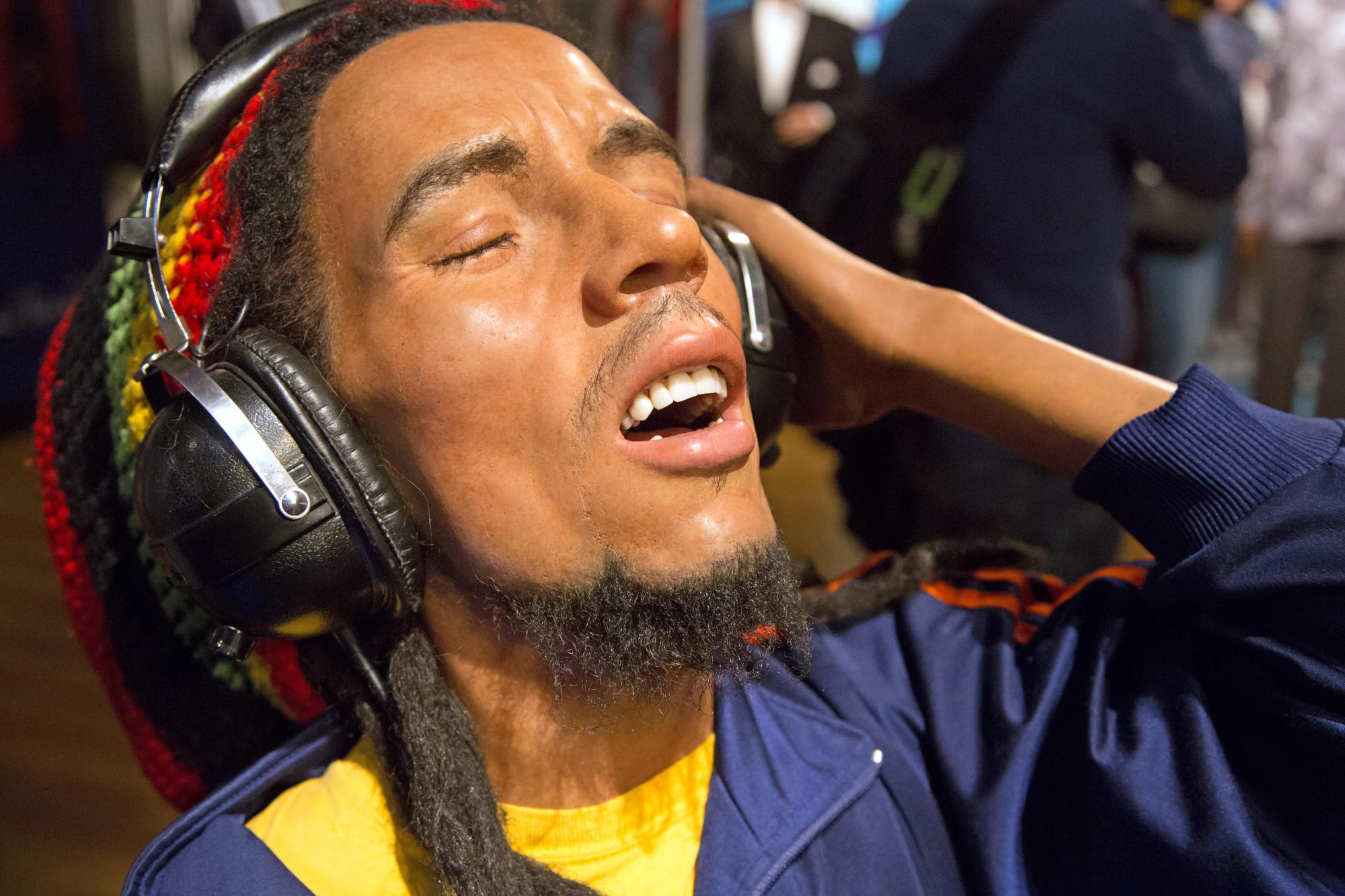
Marley brought reggae from Jamaica to the global stage, infusing his music with messages of love, spirituality, and social justice. Songs like “No Woman, No Cry” and “Jamming” introduced millions to reggae’s rhythms and philosophy.
His impact went far beyond music, making him a worldwide symbol of peace and resistance.
The Legacy Lives On

These artists did more than just top the charts – they pushed boundaries, broke rules, and created sounds that still resonate today. Their influence extends beyond their hit records, living on in countless artists who followed in their footsteps.
While the 70s may be remembered for its fashion extremes and cultural upheavals, the musical legacy of these performers proves that genuine artistry never goes out of style. Their songs continue to find new audiences, proving that great music, like all great art, is truly timeless.
More from Go2Tutors!

- Famous Battles: How Much Do You Really Know About U.S. History?
- Top 5 Most Important Skills, According To Harvard Business School
- How Well Do You Know 90s Pop Culture? Take the Quiz
- Master the Art of Public Speaking with These Expert Tips
- Think You Know Capitals? Put Your Knowledge to the Test
Like Go2Tutors’s content? Follow us on MSN.



